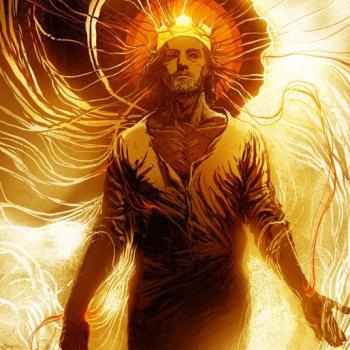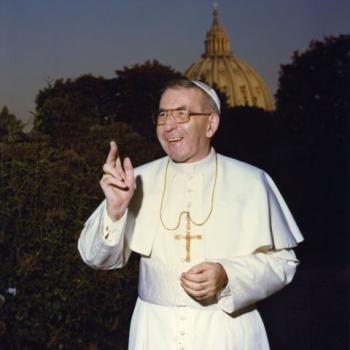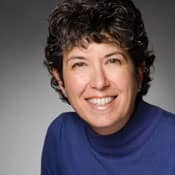Your chapter on science and your chapter on the "dark ages" in many ways go together, both of them disputing this notion that the Church dragged down intellectual development after the fall of Rome and suppressed scientific development. On the contrary, you argue that the scientific revolution is itself a product of the work done through the intervening years, much of it by Catholics.
Yes, the scientific revolution was merely the next step in a long development during "dark ages," and the work during those years, along with the work of many during the so-called revolution was done by religious people. The Church fostered scientific inquiry; it didn't squelch it. For example, many like to see Galileo as a complete victim, but the Inquisition never put Galileo's work on the Index, it never banned his writings. In fact, when you look at what the Church banned, much of it was pornography.
And what about the Crusades? You argue this point more thoroughly in your book God's Battalions, but what points are you making in this book?
We all too often isolate the events of the Crusade, which makes it look like the European knights and kings were the aggressors and without provocation forced war on the Muslims. But we forget that Islam had been trying to colonize Europe for centuries; the Battle of Tours, where their expansion was stopped, was fought 100 miles from Paris. The Crusades were a centuries-long conflict of Islamic aggression that the West responded to, and while there were travesties on both sides, it certainly was not a unilateral Catholic action.
Don't you think that over the last few decades there has been a growing rapprochement between Catholics and Protestants?
Oh yes, certainly! Two years ago, Baylor and Georgetown announced a joint program at a papal audience in Rome. Ten years ago, it would have been unthinkable that the world's largest Baptist university would cooperate with a Catholic institution.
Do you think today these stories are more generally anti-Christian attacks than anti-Catholic? Has it become less about power and more about religious hostility?
Yes, certainly the hostility is now coming from secular writers who hate religion, but there still seems a special hatred for Catholicism. It continues to puzzle me why experts in these fields don't communicate more broadly than to other experts; some of these anti-Christian attacks need to be addressed in a popular arena.
So why the dedication to Andrew Greeley?
Both Andrew and John Richard Neuhaus were good friends. I knew Neuhaus when he was a Lutheran. One of the funnier stories of my friendship with Greeley includes the time I went to a Catholic reading club and one woman there was a great fan of Andrew's novels. When she found out I was a friend of his, she went and got several of his books and asked me to autograph them. I signed them, "Rodney Stark for Andrew Greeley." Andrew thought that was hilarious.
What's next?
I'm interested in beginning a study of miracles, which should be fascinating.





